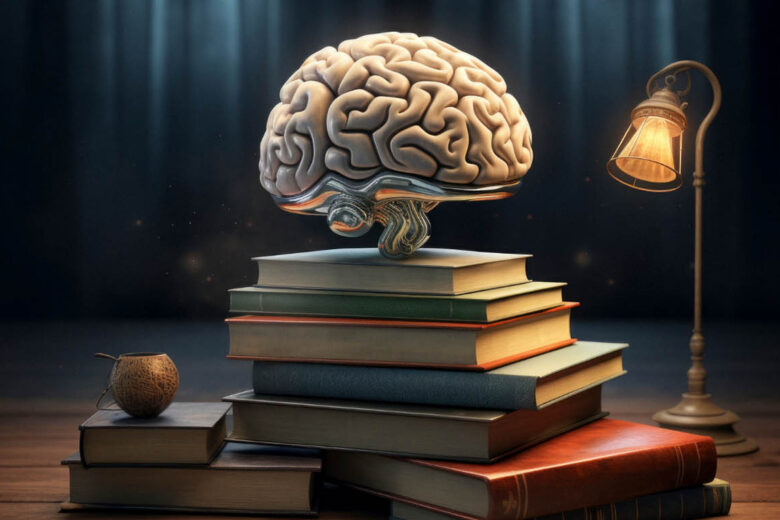The traditional image of education—a teacher at the front of a classroom, students in rows, textbooks in hand—is rapidly being redefined. As the world becomes more interconnected, digital, and dynamic, so too must our approach to teaching and learning. Education in the 21st century is no longer confined to four walls or standardized curricula; it is evolving into a more holistic, personalized, and lifelong experience.
The Shift Toward Skills Over Memorization
For much of modern history, education focused heavily on rote learning and the memorization of facts. But in today’s knowledge-driven economy, skills such as critical thinking, creativity, collaboration, and digital literacy are far more valuable than simply recalling information. With facts readily available at our fingertips, the ability to interpret, apply, and innovate has taken center stage.
Forward-thinking educators and institutions are now placing greater emphasis on experiential learning—where students engage in hands-on projects, real-world problem-solving, and interdisciplinary collaboration. This shift encourages students to become active participants in their own learning journey, rather than passive recipients of information.
Technology as a Catalyst for Change
Technology has been a game-changer in education. From virtual classrooms to AI-powered learning platforms, students today have access to resources and opportunities that previous generations could only dream of. Online learning allows students from rural or underserved areas to connect with global content and experts. Interactive tools like simulations, educational games, and virtual labs make learning more engaging and effective.
Moreover, data-driven platforms can now personalize learning experiences based on a student’s strengths, weaknesses, and pace. This customization helps close achievement gaps and ensures that no learner is left behind.
The Rise of Lifelong Learning
In a world where industries evolve rapidly and new careers emerge regularly, education is no longer a one-time event that ends with a diploma. Lifelong learning has become a necessity. Adults are returning to learning environments—online courses, workshops, micro-credentials—to upskill, reskill, or pivot their careers entirely.
Educational institutions are responding by offering more flexible and modular programs. The focus is shifting toward building a culture where continuous learning is embraced as part of both personal and professional growth.
Beyond Academics: The Whole Student Approach
Another crucial development in 21st-century education is the growing recognition of social-emotional learning (SEL). Academic performance alone no longer defines success. Skills like emotional intelligence, resilience, adaptability, and communication are proving essential in navigating both work and life.
Schools are increasingly incorporating SEL into curricula, creating environments that support mental health, self-awareness, and empathy. This holistic approach helps students thrive not just academically, but personally and socially.
Global Citizenship and Real-World Relevance
In today’s interconnected world, students must also learn to be global citizens. Education now encompasses global issues such as climate change, cultural diversity, human rights, and sustainability. Integrating these topics into the classroom fosters empathy and prepares students to think critically about their role in shaping the future.
Real-world relevance is key. Educators are designing learning experiences that link classroom content with real-life application—through internships, community service, entrepreneurship, and global collaborations.
Conclusion
Rethinking education for the 21st century means breaking down the traditional boundaries of where, how, and what we learn. It means creating systems that are inclusive, adaptable, and future-ready—systems that not only impart knowledge but also inspire purpose, innovation, and lifelong curiosity. The classroom is no longer the sole hub of education; the entire world has become a learning space.
To truly prepare the next generation, we must move beyond the classroom and embrace an educational model that reflects the complexity, opportunity, and promise of the world they are inheriting.

